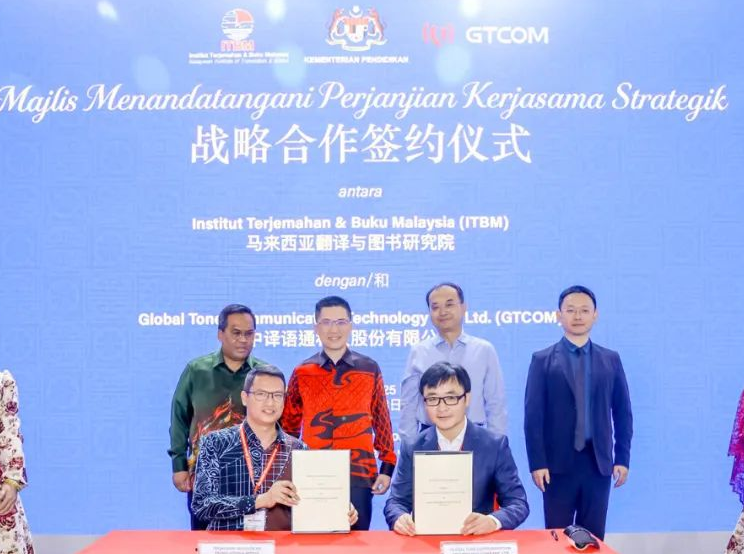'Reciprocal Tariffs' Damage Global Trade Order, Int'l Law
The recent so-called "fair and reciprocal tariffs" unleashed by the U.S. have provoked a trade war, severely disrupting the international economic and trade order and negatively impacting the global economy. This unilateral, protectionist act not only threatens to destabilize the global economic landscape, but has also exposed the fundamental flaws in the legitimacy and justification of U.S. trade policies and practices under both international law and its own domestic legal framework.
The arbitrary tariff measures represent a systematic departure from international law.
One of the core principles of international law is pacta sunt servanda, which means "agreements must be kept." Though the U.S. has long touted its commitment to a "rules-based international order", its imposition of "reciprocal tariffs" blatantly violates the principle. In the absence of a supranational entity to enforce international legal norms, if nations are allowed to renege on their commitments at will, the normativity and effectiveness of international law would be fundamentally undermined, plunging the international community into disorder and chaos.
The "reciprocal tariffs" violate the principles of tariff binding and the most-favored-nation (MFN) treatment as enshrined in the 1994 General Agreement on Tariffs and Trade. Under the "reciprocal tariffs," the tariff rates imposed on imports from various countries far exceed the U.S.' bound tariff commitments, which average 3.5 percent according to its tariff concession schedule.
Moreover, by imposing discriminatory tariffs based on an absurd formula that compares trade deficits to exports, the U.S. is subjecting different countries and regions to disparate treatment, constituting a flagrant breach of the MFN principle.
The U.S. action is also eroding the multilateral trading system. The Marrakesh Agreement Establishing the World Trade Organization (WTO) established a rules-based multilateral trading system, requiring WTO members to resolve disputes through negotiated rules and institutional frameworks to ensure coordination and cooperation.
However, the U.S., prioritizing its own interests, has disregarded multilateral cooperation mechanisms and is arrogantly pursuing unilateralism. This behavior stands in stark contradiction to the rule-based multilateralism that the WTO embodies.
As a founding WTO member, the U.S. should adhere to its obligations under WTO agreements and resolve trade disputes through multilateral negotiations and the WTO's dispute settlement mechanism. However, it has, over the years, repeatedly refused to comply with WTO rulings, paralyzing the Appellate Body and undermining the credibility of the dispute resolution system.
The "reciprocal tariffs" were imposed without following any of the statutory procedures mandated by the U.S. International Emergency Economic Powers Act. They bypassed Congress and were enforced through executive orders, in serious violation of the U.S. Constitution's principles of separation of powers, checks and balances, and due process. Such actions erode the rule of law that the U.S. has long claimed to uphold.
In response to the U.S. economic bullying, China initiated proceedings under the WTO's Dispute Settlement Understanding. This demonstrates China's firm commitment to defending the multilateral trading system as a responsible major country.
There are no winners in a tariff war, but every crisis presents an opportunity for industrial upgrading. China's countermeasures have not only defended national interests but also sent a clear message to the world: the authority of law must not be challenged, industrial security must be safeguarded, and multilateral cooperation remains the only viable path forward.
This article is an edited version of the original analysis by China University of Political Science and Law scholars.







